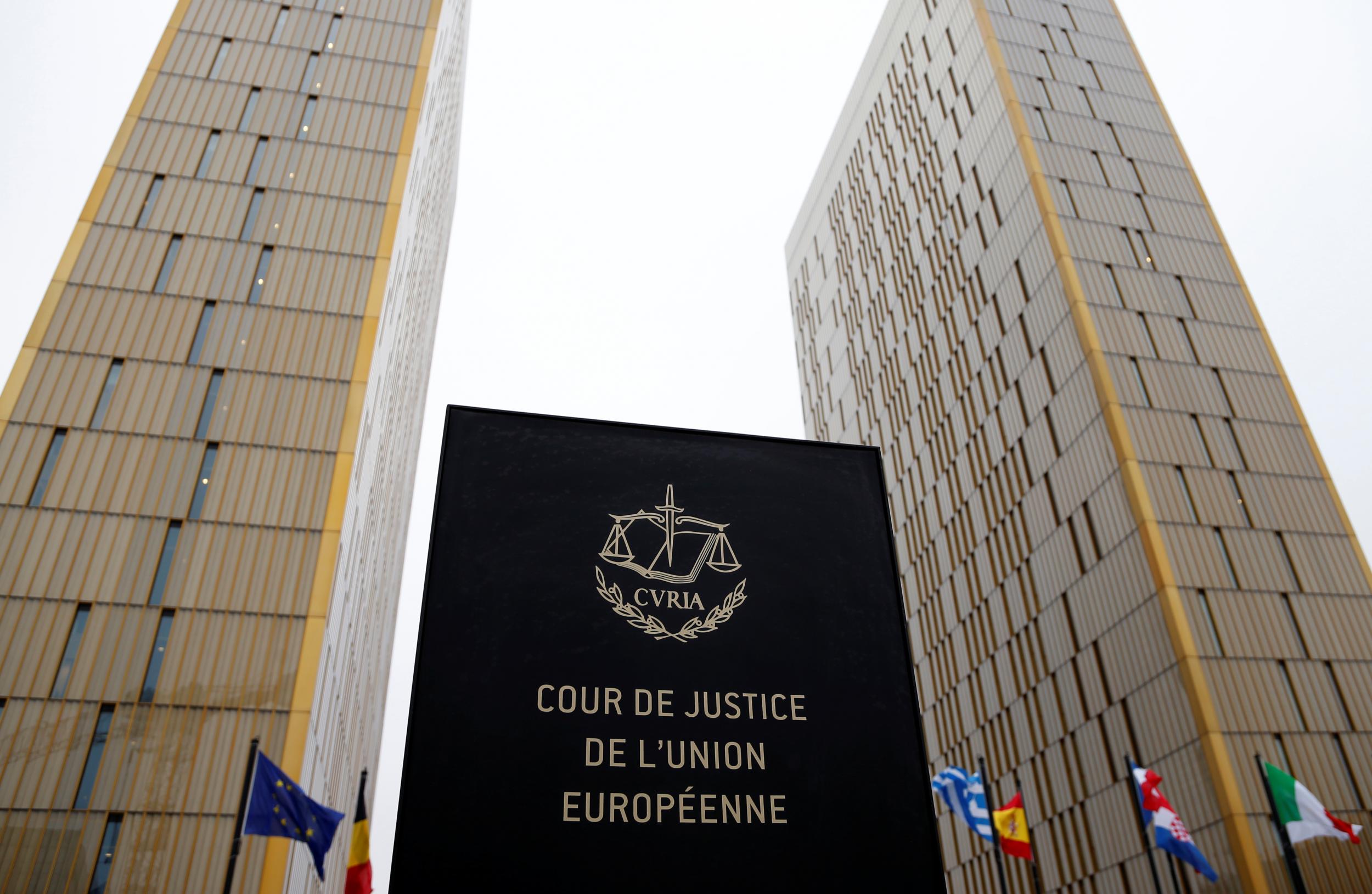Brexit 'could be delayed' if any aspect of negotiations is referred to European Court of Justice, experts warn
Exclusive: Court may be forced to 'say the clock stops' until it reaches a decision

Your support helps us to tell the story
From reproductive rights to climate change to Big Tech, The Independent is on the ground when the story is developing. Whether it's investigating the financials of Elon Musk's pro-Trump PAC or producing our latest documentary, 'The A Word', which shines a light on the American women fighting for reproductive rights, we know how important it is to parse out the facts from the messaging.
At such a critical moment in US history, we need reporters on the ground. Your donation allows us to keep sending journalists to speak to both sides of the story.
The Independent is trusted by Americans across the entire political spectrum. And unlike many other quality news outlets, we choose not to lock Americans out of our reporting and analysis with paywalls. We believe quality journalism should be available to everyone, paid for by those who can afford it.
Your support makes all the difference.Brexit could be postponed by “up to two years” if any part of the negotiations is referred to Europe’s highest court, experts have warned.
At the end of talks, the European Parliament will have the opportunity to vote on the final deal as part of the ratification process, and members could opt to seek a judicial review from the European Court of Justice (ECJ) if there are questions raised about the legality of any aspect of the agreement.
Any referral would undoubtedly delay Britain leaving the European Union but due to the unprecedented nature of Brexit the exact timeframe remains unknown, with estimates varying from a few months to two years.
Catherine Barnard, a professor of EU law at the University of Cambridge, warned that trade deals in the past, including the Singapore free trade agreement, had been referred to the ECJ.
“The Brexit process could be delayed if the deal is referred to the ECJ to see if it is compatible with Article 50 and Article 50 is part of European law,” she told The Independent.
“This could either be from someone who is dissatisfied by the deal, but they would need to bring the case to their national court, or the European Parliament could seek a judicial review action. The European Parliament has the right to bring a case before the ECJ.
“Although there is no historic precedent of Article 50 being invoked, the Singapore trade deal was considered by the ECJ and any future trade deal could also be considered by the ECJ.”
Baroness Julie Smith of Newnham, European Centre director at the university, said there were multiple aspects of the negotiations that could raise questions.
“It would not take very much for the Brexit process to be referred to the ECJ. The whole issue is so complex there are going to be many areas that are contestable,” she told The Independent.
“It is not just the divorce deal. The transitional deal and all sorts of things might impede the process.”
Richard Corbett MEP, a member of the European Parliament’s constitutional affairs committee, has said the delay could be up to two years and raised the issue of citizens’ rights as a major concern.
“Apart from voting yes or no, the parliament could refer the divorce deal to the European Court of Justice to ask whether the text is compatible with the treaty, including the charter of rights,” he told The Independent.
“Since the parliament is elected by citizens, it sees itself as championing citizens’ rights. That’s both ways round. British citizens in the rest of Europe and EU citizens in Britain.
“On this rather first crucial negotiation on citizens’ rights, if the agreement reached restricts rights compared to what they are now, which is quite possible, the parliament might say 'We have doubts whether this is compatible with the charter of rights and the treaty, could the court give an opinion?'
“Parliament does this from time to time for various agreements and these cases normally take about two years. The court would have to say the clock stops, pending our consideration of the case.”
MPs have also been warned the ECJ could veto any Brexit deal altogether.
Sir Konrad Schiemann, who was Britain’s representative on the court until 2012, told the Brexit select committee that even if both sides agreed to the deal, the ECJ could force them back to the negotiating table.
“Any agreement that is made between the EU and parliament is subject to challenge in the European Court of Justice on the subject of powers of the parties who have made that agreement,” Sir Konrad said.
“So the Commission and the people negotiating on behalf of the EU are faced with this problem: they can’t just do what they think is good. They have got to remain within their powers.”
Join our commenting forum
Join thought-provoking conversations, follow other Independent readers and see their replies
Comments